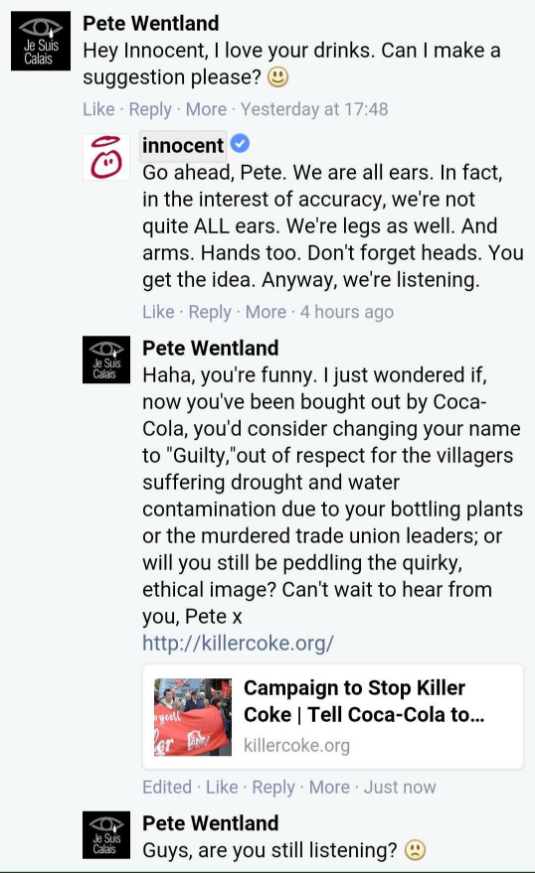Brands and social media: 3 mistakes to avoid
Perhaps the most infamous example was back in 2017 when Wendy’s responded to a Twitter user who asked how many retweets he would need for a year of free chicken nuggets. The tweet accumulated the most Retweets in Twitter history, and in turn, gave Wendy’s a lot of free PR. They achieved Twitter notoriety as well as repositioning themselves as fun and relatable – all at the bargain price of a year’s free nuggets.
Brands can no longer expect results from being tokenistic and spouting the same predictable marketing clichés. Consumers see more ads and promoted content than ever before. They don’t want to be sold to at every turn, no matter how much they like a brand’s products. By adding some humour, personality and sass to their social personas, brands can stay front-of-mind without becoming irritating or repetitive on social media.
But it can be difficult for brands to position themselves as funny, approachable and relatable, and it’s all too easy to put a foot wrong.
Talk the talk, walk the walk
Social media helps brands to connect with a new generation of consumers. Millennials and Gen Z watch less TV than previous generations and spend far more time online. But they’re also clued up and switched on, and they’re more concerned about a brand’s ethics than they are about their ability to poke fun of followers.
Brands need to tread carefully. A fluffy online persona shouldn’t be used to mask other less savoury behaviours. “Woke-washing” is the latest buzzword for brands that project a modern and progressive attitude while continuing to behave badly behind closed doors.

It’s great that brands want to champion good causes, whether that’s LGBT rights, female empowerment or environmental issues. But before shouting about it on social media or creating a catchy ad campaign to appeal to the socially-conscious consumer, they need to check that their own ethics stack up.
How do you do, fellow kids?
Brands can also make the mistake of latching onto viral memes, hashtags and other internet-jokes to stay relevant. Shoehorning your brand into a meme is only going to attract derision and ridicule. Brands that try too hard to be “down with the kids” risk being mercilessly mocked and could damage their reputation instead of improving it.
Part-time participation
Brands also need to work hard to maintain their online presence. Even a few days without posting content or responding to tweets could be detrimental in today’s fast-moving consumer landscape. Social media users expect instant gratification and quick responses. Fall behind and you might never catch back up.
Find out about our Social Media Management service today and let us help you improve your brand’s social media presence.


